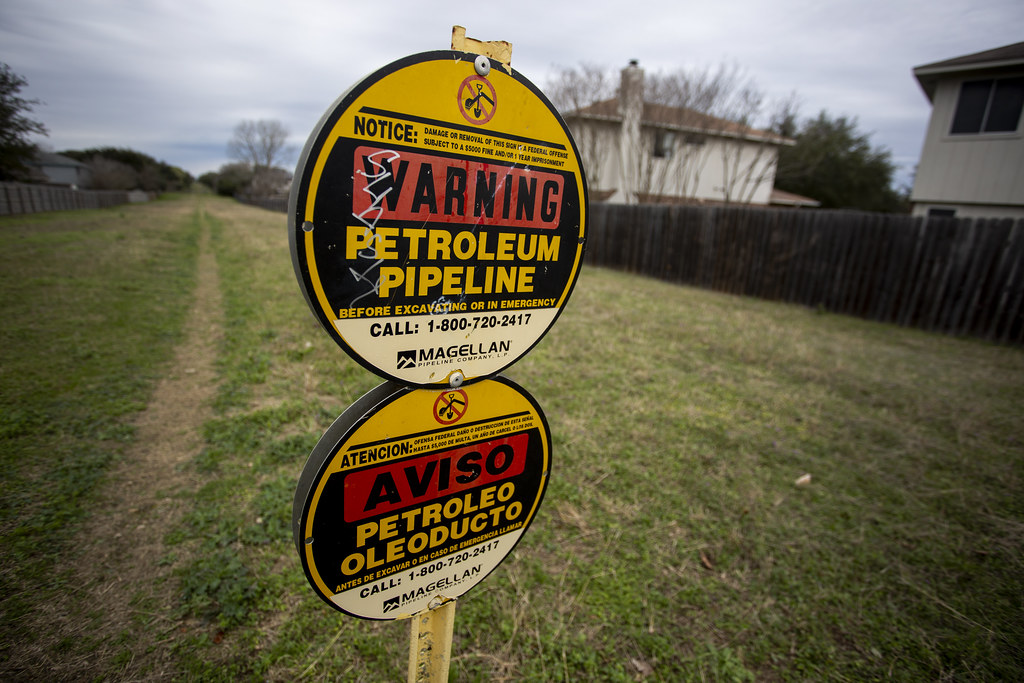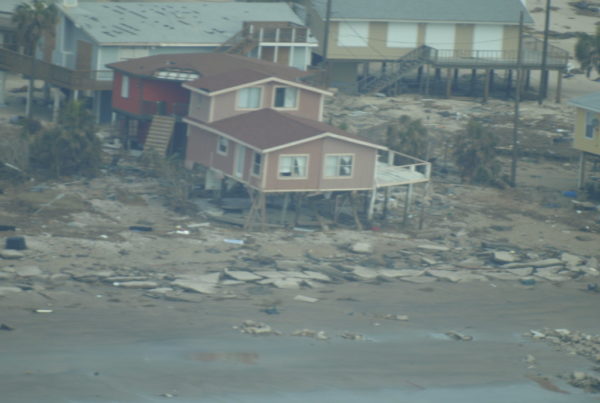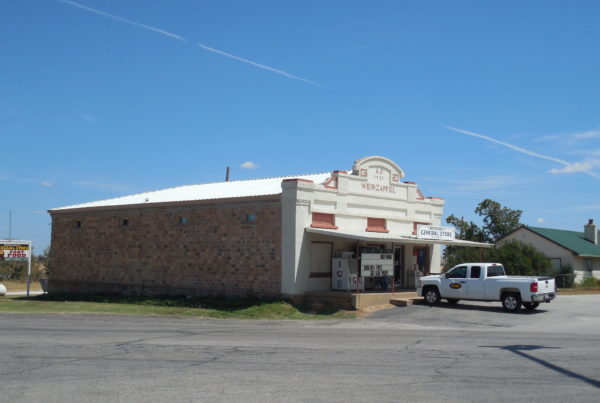Texas landowners were surprised this week as the 86th session of the Legislature ended without the passage of an eminent domain reform bill.
Eminent domain is the ability of a government to seize private land in the name of public use. In Texas, this usually means oil and gas pipelines or fracking on private land. The Texas Constitution says landowners have a right to receive fair market value for the land being seized, but landowners say that they aren’t getting the value for their land that they are owed.
Landowners can go to court to seek enforcement of this law, but doing so is often expensive and complicated for both the landowner and industry seeking access to private land.
Russell Boening is the president of the Texas Farm Bureau and is among the landowners upset by the rejection of the eminent domain bill in the Legislature.
“We can [go to court], but I think we’re trying to avoid that, because it’s expensive. It’s expensive for the property owner and it’s expensive for industry, and we were trying to avoid that, it was kind of our hope and plan for the whole deal,” Boening says.
Beoning says his organization worked with oil and gas companies to put the bill together. It included addressing the initial offer companies bring to property owners, transparency meetings between oil and gas companies and landowners and minimum easement terms controlling the size and quantity of pipelines and returning the land to the condition in which it was seized.
“I guess that if you wanted to give it a broad umbrella, we want more transparency, more information, that’s all we we’re really asking for,” Boening says.
House opponents of the Senate version of the bill, including Rep. Tom Craddick, who chairs the House committee where the bill died, said the bill would have led to increased litigation and stifled infrastructure development. Boening says his organization respectfully disagrees.
Boening says the bill that was killed had been the result of a lot of compromise, discussion, and good intentions. Though some are afraid that eminent domain reform would stifle progress, Boeing says property owners don’t oppose progress.
“Property owners are not against progress, and we know eminent domain is a necessary tool in our governmental process, but at the same time it just needs to be more fair for property owners,” Boening says.
Written by Marina Vences.















